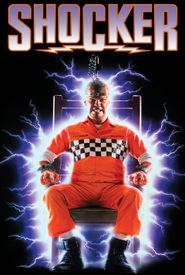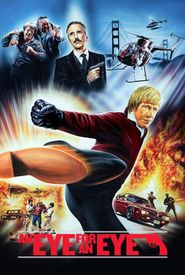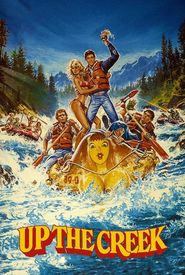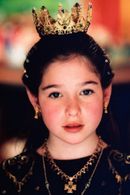Person Biography:
William Goldstein's remarkable talents took him to Columbia University at the tender age of nine. In 1975, he was discovered by Berry Gordy, who brought him to LA under contract to Motown, as a recording artist, composer, and producer. Concurrently, Goldstein was completing a commission for a Bicentennial work, Celebration Overture 1776-1976, which premiered with the National Symphony Orchestra in May 1976.
Following his work on NBC's Fame series, Goldstein expanded his expertise to include computer electronic music, combining his pop and orchestral experience. He quickly gained prominence as an innovator in new technology, creating the first completely computer-sequenced direct-to-digital score for Guber/Peters' oceanQuest in 1985, which was released on CD as Oceanscape. He later composed the score for Sierra-on-line's King's Quest Four, a groundbreaking interactive computer game with a full-fledged musical score, which has sold over 1,000,000 copies.
Throughout his career, Goldstein has collaborated with renowned filmmakers such as John Avildsen, John Badham, Rob Cohen, Guber/Peters, Wes Craven, and Frank Perry. His concert scores have been performed at esteemed venues like Carnegie Hall and Symphony Hall, Boston. As a unique keyboard improviser, Goldstein has gained a reputation for spontaneously improvising complete scores in real-time to films he's seeing for the first time in concert.
In addition to his professional pursuits, Goldstein has been a founder of the Museum of Contemporary Art in Los Angeles, a director of the California State Summer School for the Arts, and a member of the music branch executive committee and foreign language committee of the Academy of Motion Picture Arts and Sciences. He has also been a "visiting artist" for the Academy, lecturing globally on contemporary aesthetics and music in film.




















